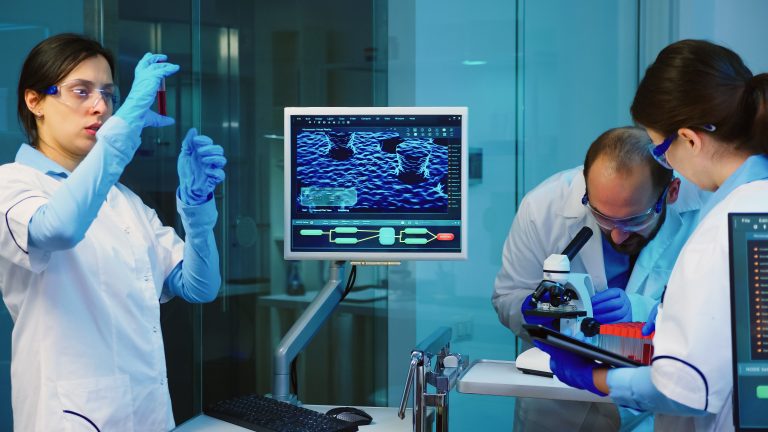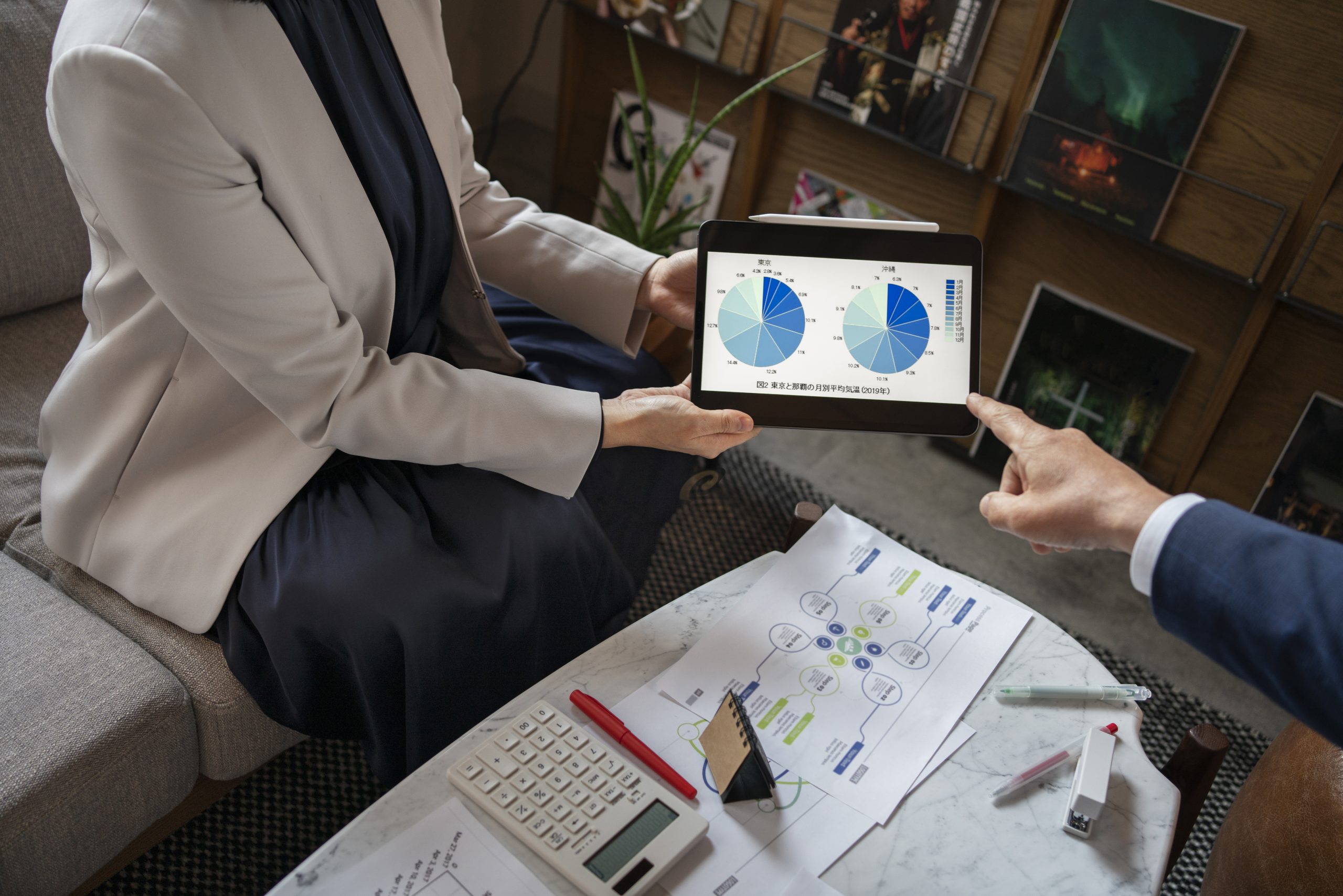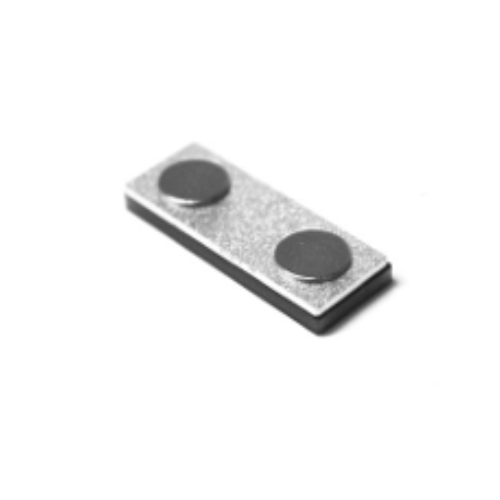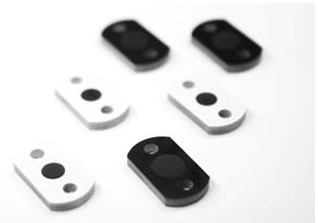Understanding RFID Technology in Healthcare
RFID is a wireless communication technology that uses radio waves to identify and track objects equipped with RFID tags. These tags contain unique identification information and can be read remotely by RFID readers or antennas. The healthcare industry has increasingly adopted RFID technology to streamline operations, enhance patient care, and optimize asset utilization.

 +1 888 655 8029
+1 888 655 8029















